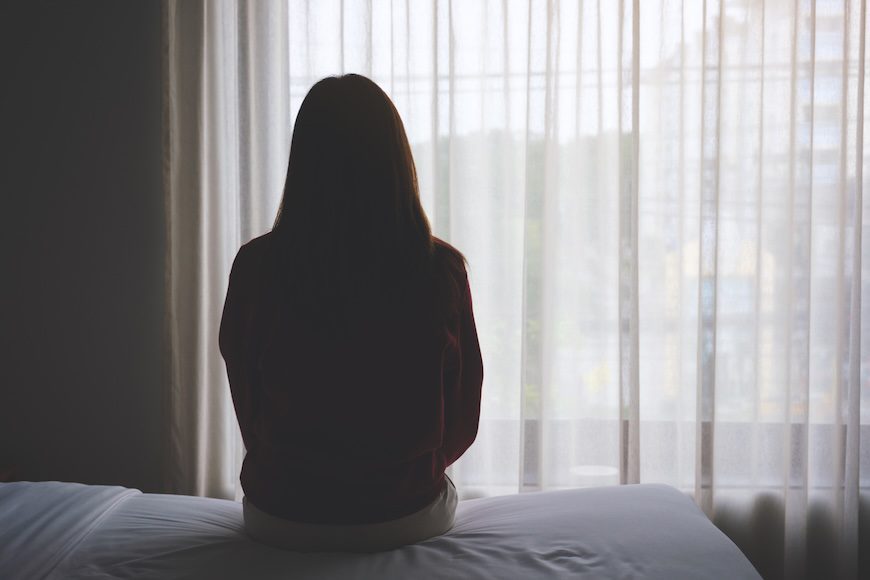Psychiatrist.com, The Journal of Clinical Psychiatry, and The Primary Care Companion For CNS Disorders delivered another week of great content. ICYMI, here’s a rundown:
Monday
We started the week with a meta-analysis looking at lumateperone and how it affects a variety of outcomes in schizophrenia. The pooled data returned favorable results for needed to treat (NNT), number needed to harm (NNH), and likelihood to be helped or harmed (LHH). There was also coverage of a study on prosopagnosia, or face blindness, an affliction shared by more than three percent of Americans, including movie star Brad Pitt.
Tuesday
A new case report followed a middle-aged man with paradoxical insomnia and frontotemporal dementia. Plus, two Letters to the Editor provided a response and counter-response to a study PCC published a few weeks ago on Huntington’s disease with psychotic features. Rounding out the day was the story of a Seattle bus driver who claims ill health effects from second hand fentanyl smoke.
Wednesday
When antidepressants are not enough in major depressive disorder, consider lithium for its antisuicidal effect and low cost, a new JCP study advised. A double-blind RCT at JCP found that doxazosin is safe and tolerable though no more effective than a placebo in reducing PTSD or alcohol use syndrome severity. And yet another telepsychiatry company has admitted to sharing user data with Meta (Facebook) and other third parties despite promising it would keep such information private and comply with all HIPAA regulations.
Thursday
The latest in a series of investigations examining the weight gain side effect of antipsychotics indicated that patients whose weight increased by seven percent or more in the first 90 days of treatment were more adherent, but also more likely to switch medications during the first 180 days. This builds on a previous survey of 11 antipsychotics and the amount of weight gain associated with each according to a dose response. An interesting meta-analysis debunked decades of research suggesting that Mozart’s music prevents epileptic seizures.
Friday
Neurological and psychiatric symptoms resulting from a COVID vaccine are exceedingly rare, though not unheard of. Three recent case studies described patients of various ages who developed serious side effects of this nature after receiving a COVID jab.
Looking Ahead
A real-world study on the burdens ADHD places on adult patients.



